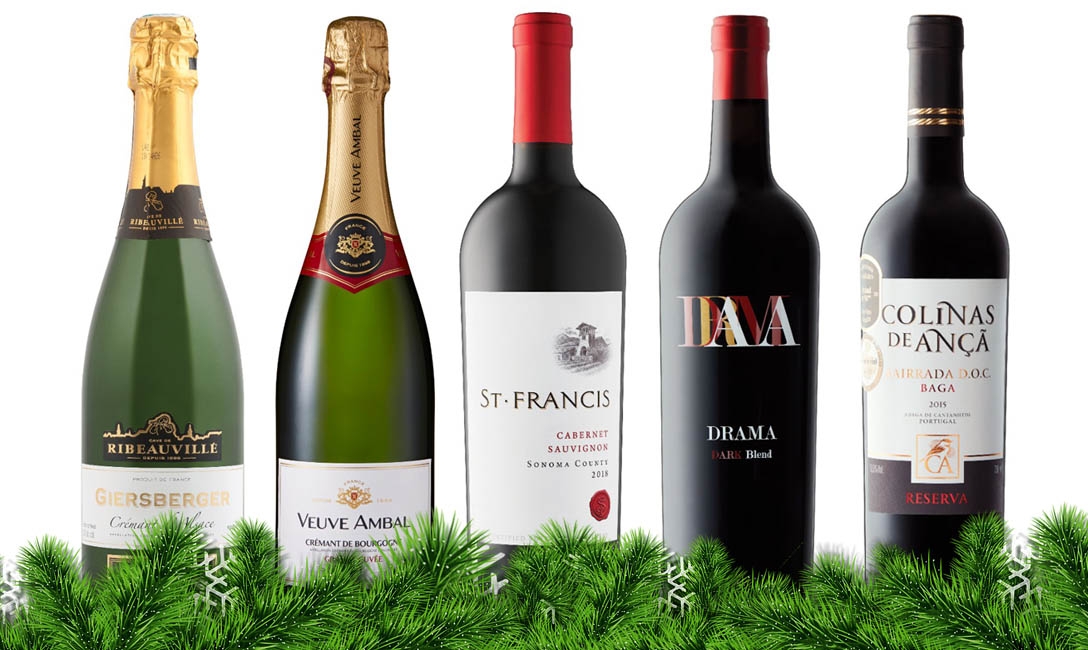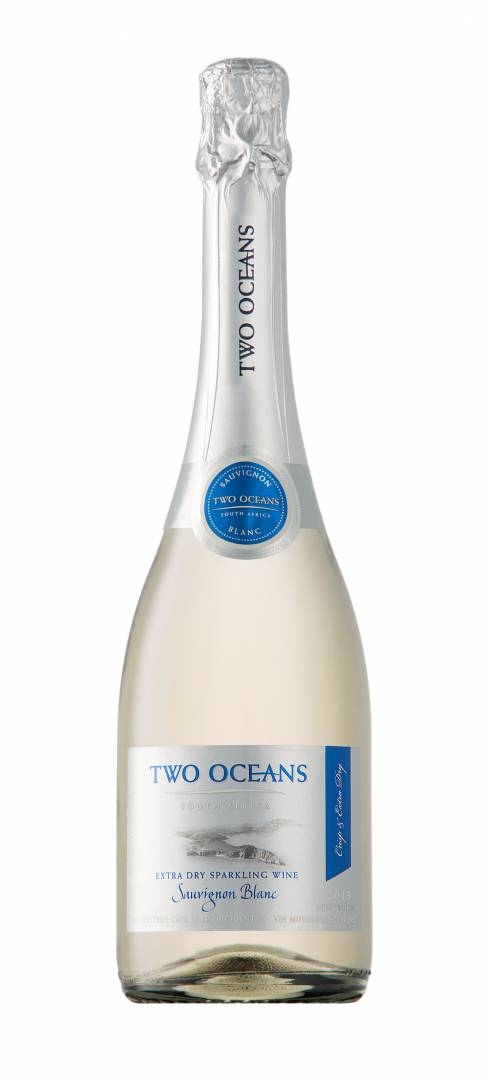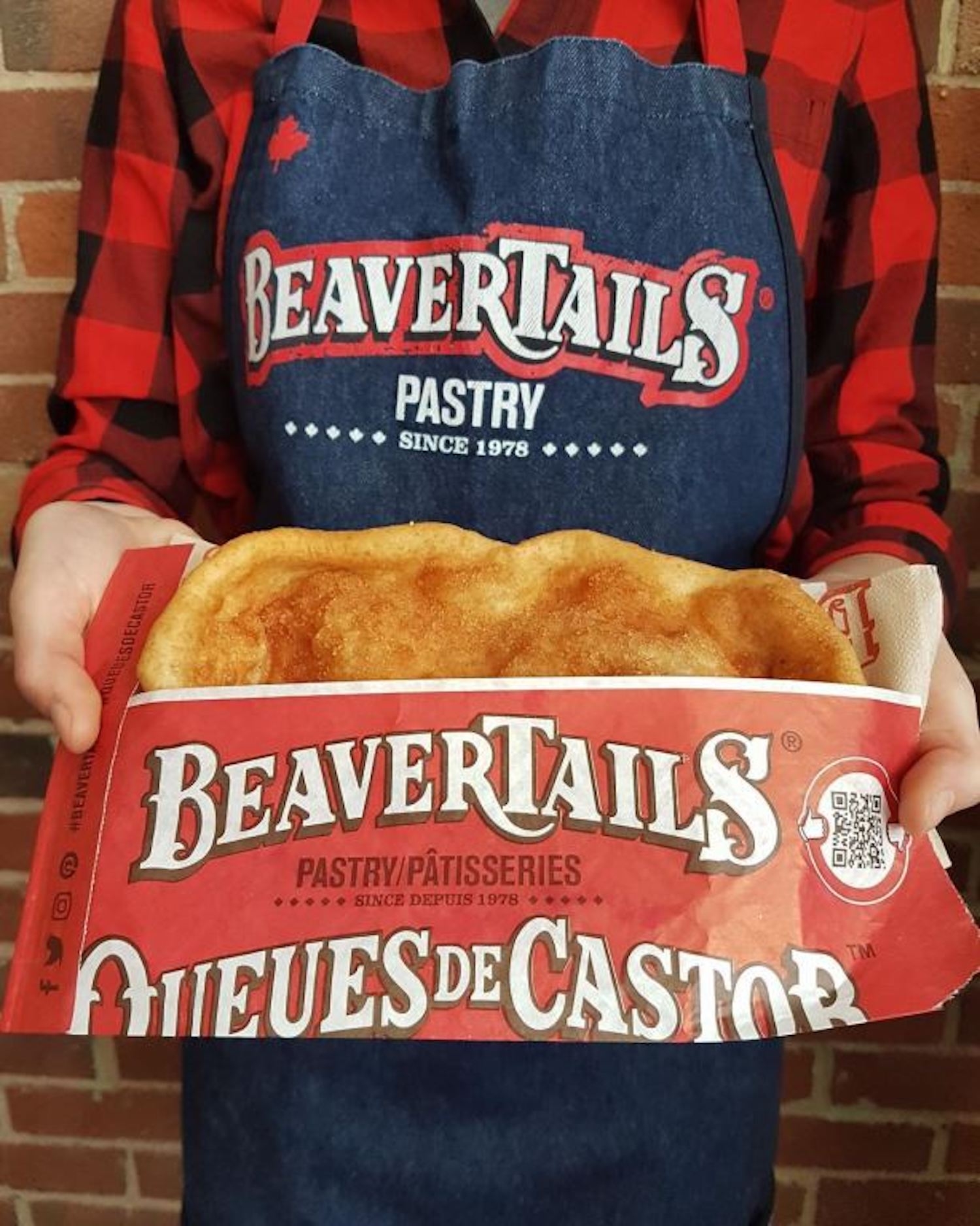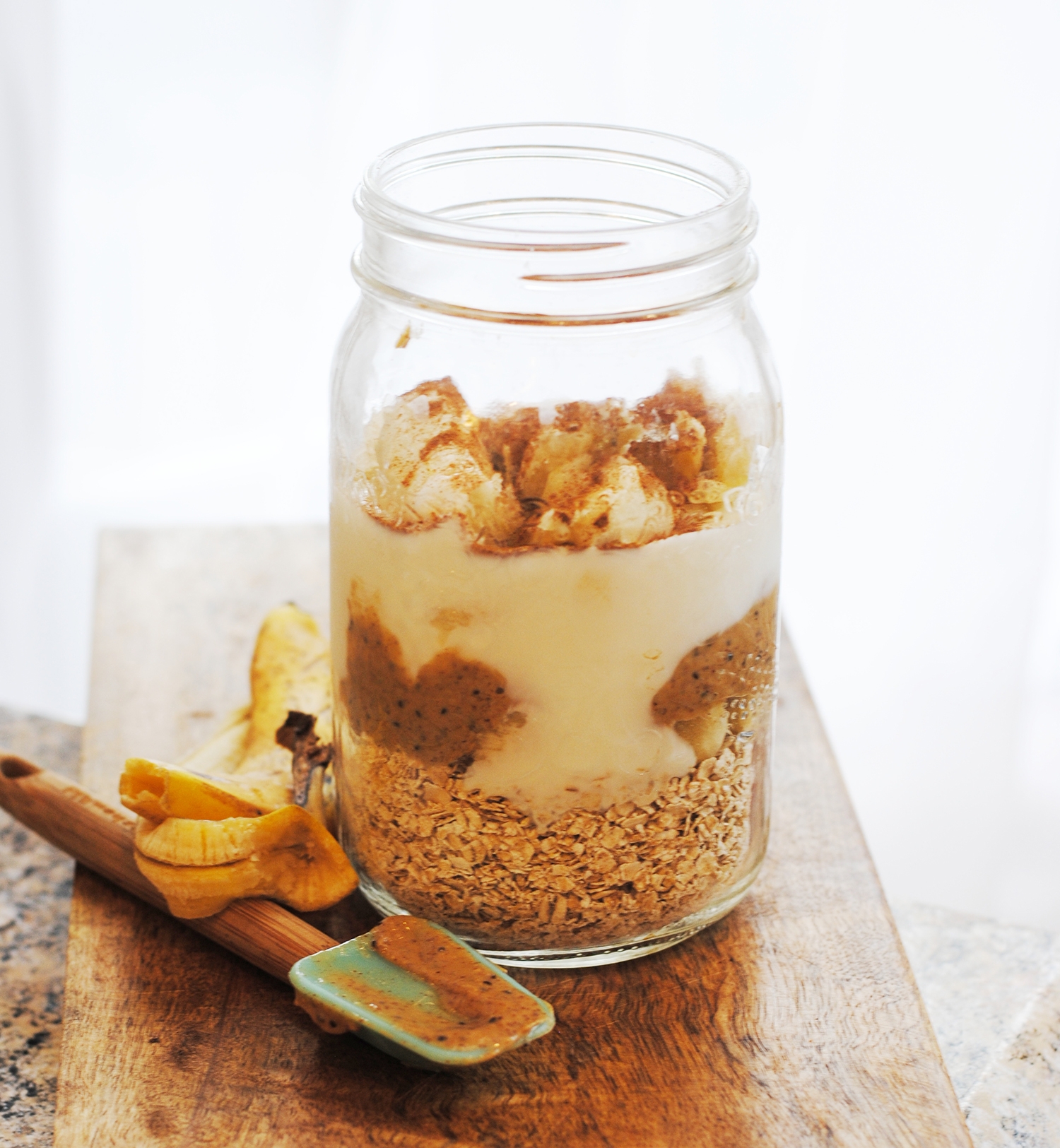
Wine Lingo: The Foundation of any Winery Tour
Wine tasting is not just a fun hobby – it’s a distinctive and challenging art. Before taking a trip to a vineyard and participating in your first tasting, it’s a good idea to learn some of the fundamental terms of the process. From understanding how to distinguish one flavor from another to knowing the different steps of the winemaking process, these terms will help to prepare you for any experience at a winery!
Acidity – Determines the balance of flavor. Too much acidity will make the wine sour. Too little will make the wine dull.
Aeration – The addition of oxygen to wine to round out the flavor.
Balance – When acids, sugars, tannins and alcohol combine well to produce the best flavor.
Bouquet – The aroma/nose of the wine.
Closed – Underdeveloped wines, flavors are not well-balanced yet.
Complex – Wine with multiple nuances and flavors.
Crispy – Refers to an acidic tartness. A positive quality, generally describes good white wines.
Dry – The opposite of sweet, with little residual sugar.
Fermentation – Conversion of grape sugars into alcohol using yeast.
Finish – The amount of time the taste of the wine stays in your mouth. The longer, the better.
Legs – Traces of oil on the inside of your glass after the wine has been poured. Indicate the amount of alcohol, glycerin and sugar in the wine. The longer they are, the more alcohol, glycerin and sugar are in the wine.
Mature – Wine is fully developed and ready to drink.
Must – Unfermented grape juice, including skin and stems.
Sediment – The non-liquid parts at the bottom of the wine bottle – not a bad indicator in the wine.
Sweet – Perceived on the tip of the tongue. A tasting term.
Tannins – Phenolic compounds in wine that leave a bitter, astringent taste in your mouth. Get in the juice by skin, seed and stem of the grape. Oftentimes give a sense of structure to wine, associated with quality.
Texture – How the wine feels on the palate.
Veraison – Step in the fermentation process where grapes begin to accumulate color, flavor and tannin.
Vinification– The fermentation process through which grape juice becomes wine.
Wine’s body – Refers to the concentration of flavors in a wine. A light-bodied wine has less concentrated flavors and feels more like water in your mouth. A full-bodied wine has far more concentrated flavors and feels more like milk in your mouth.









